However, after the sparkling images and flashy programs, many children have to leave the camp exhausted, panicked, and even suffering from long-term psychological trauma.

The "dark corners" of summer camp
Many parents share their disappointment, even anger, when they pick up their children from poor quality summer camps. Ms. NTT, a parent in Hanoi, is still heartbroken when recalling the scene of her young son bursting into tears, his face scratched when his parents came to pick him up because he was too scared after days at summer camp.
“My child was bullied, beaten and scared at night. He is shy, so when he was put in a strange environment without adults to protect him properly, he suffered almost every day until he was picked up. I texted the summer camp manager to report this but received no response,” Ms. T. said.
A similar story was shared by Ms. NB (residing in Vinh Loc ward, Nghe An province). Her child, when he was in 7th grade, attended a week-long retreat with the hope of spiritual training, but returned in a state of fear and prolonged mental crisis.
“During the retreat, my child had all his belongings stolen by a friend, had them changed, and was scared by a monk, leading to a mental breakdown, insomnia, not daring to stay home alone, and demanding to follow his mother wherever he went,” Ms. B. recalled.
These reflections show a worrying reality that currently, many summer camp programs are organized with commercial goals, lacking quality control and almost no independent monitoring mechanism. Meanwhile, the participants are children - people with unstable psychology, vulnerable and difficult to protect themselves.
From a professional perspective, educational psychologist and life skills consultant Nguyen Le Thuy - who has more than 10 years of teaching and consulting at summer camps - pointed out three common "dark corners" that are rarely clearly seen by parents.
First, many summer camps have very attractive programs on paper, with content that sounds like it only exists in international educational environments. However, the actual organization is often not as advertised or introduced.
“Programs have been cut, and teachers lack expertise. Many programs are run by people without a background in education or school psychology. There are places that charge high tuition fees but in reality, their only activities are childcare,” said Nguyen Le Thuy.
The second “dark corner”, according to Ms. Nguyen Le Thuy, lies in living conditions, hygiene and health care. While parents often accept that their children “lack a little bit of training”, there are still minimum requirements for living that need to be ensured, such as clean hygiene, nutritious meals, and safe resting space.
The third most dangerous "dark corner" pointed out by this expert is that the team in charge lacks capacity and practical experience. Many units currently assign groups of children to students to manage. Meanwhile, children participating in summer camps are usually between the ages of 6 and 12, and need psychological experts, experienced people with appropriate skills and expertise to accompany them, because they understand the psychology of their age, know how to observe behavior, detect early signs of abnormalities and handle situations of conflict, bullying, anxiety, etc. if they occur.
Don't let summer camp become a "double-edged sword"
According to a survey by reporters of the Hanoi Moi Newspaper, the current cost of summer camp programs is quite diverse, ranging from 3 to 20 million VND, depending on the time and form of organization. Some high-end programs organized at resorts, combining learning and playing, can cost up to tens of millions of VND per student. However, it is worrying that high cost does not mean quality.
Psychologists say that if organized properly and with care, summer camps will be an ideal environment to help children develop self-confidence, adaptability and team spirit. However, when there is a lack of standards in organization, summer camps can become a big “gap” in the process of developing children’s personalities.
In particular, between the ages of 6 and 15 - an important period for forming a psychological and emotional foundation, negative experiences at summer camp such as being bullied, lacking care or being isolated... can leave long-term consequences. Children may experience problems such as anxiety disorders, loss of interest in learning, reduced self-esteem or even extreme behaviors.
As a teacher who has been working with students for many years, Ms. Dang Thi Man, a former teacher at Ngoc Lam Secondary School (Bo De Ward), believes that experiential education is a progressive trend, reflecting the spirit of innovation in modern education. Activities such as summer camps, military semesters, field trips, life skills training, etc., if properly organized, will bring students many values, from practicing life skills, developing independent thinking to forming personality and a positive attitude towards life.
A memorable summer vacation is when children have positive experiences, feel safe and believe in themselves. But if the wrong choices are made, the price to pay is not only money but also silent psychological damage that can have great consequences for children.
(To be continued)
Source: https://hanoimoi.vn/trai-he-cho-thieu-nhi-can-lam-sang-nhung-goc-toi-bai-2-khi-trai-he-tro-thanh-noi-am-anh-709556.html





![[Photo] Reviving memories of ancient Mid-Autumn lanterns](https://vphoto.vietnam.vn/thumb/1200x675/vietnam/resource/IMAGE/2025/9/8/d17f9089e4d6492eb7745c74f271a250)


![[Photo] Amazing total lunar eclipse in many places around the world](https://vphoto.vietnam.vn/thumb/1200x675/vietnam/resource/IMAGE/2025/9/8/7f695f794f1849639ff82b64909a6e3d)
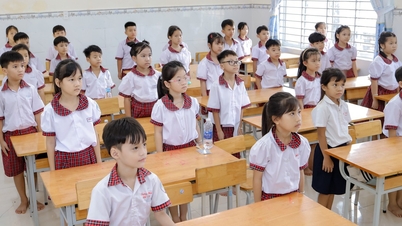







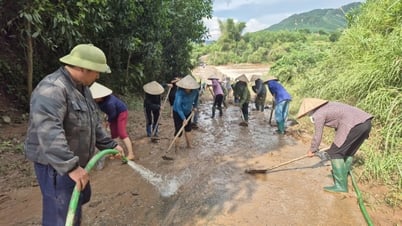



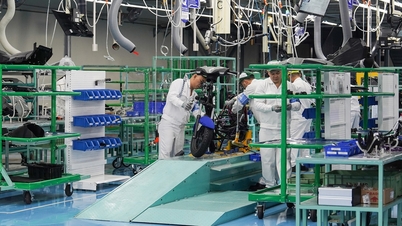



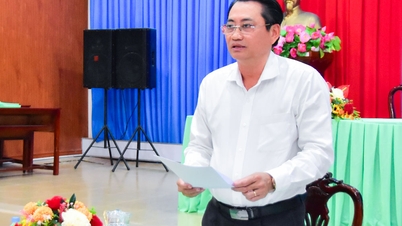


















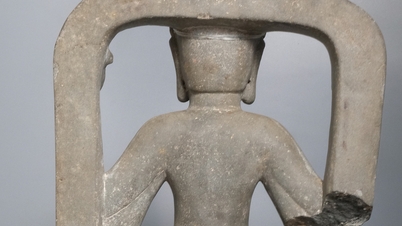









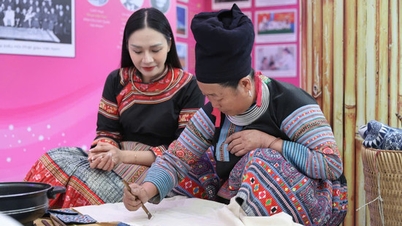
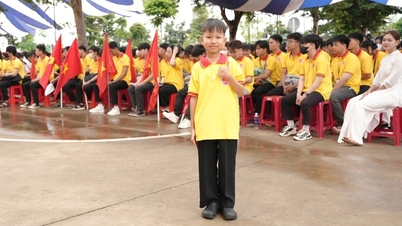















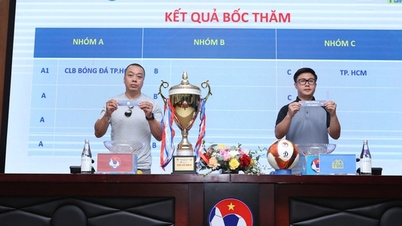



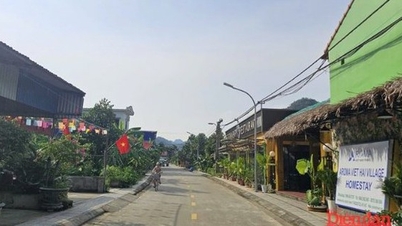


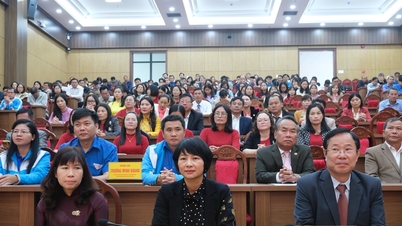






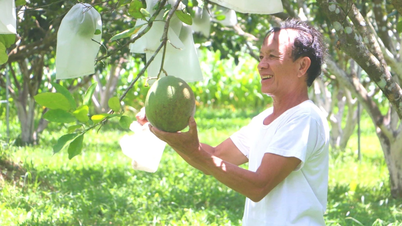









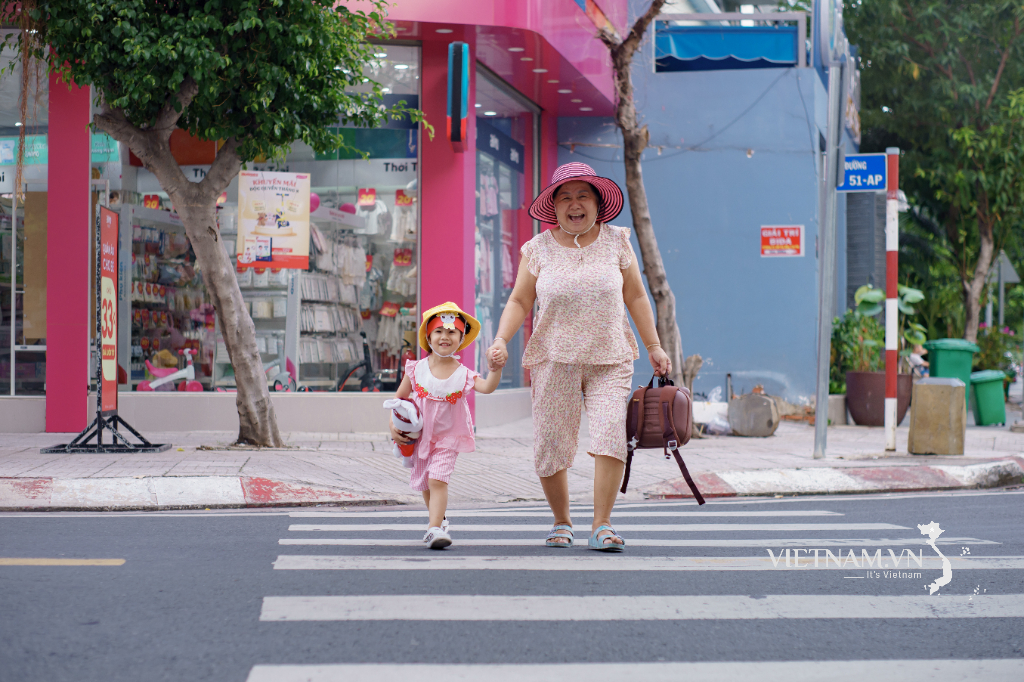



Comment (0)